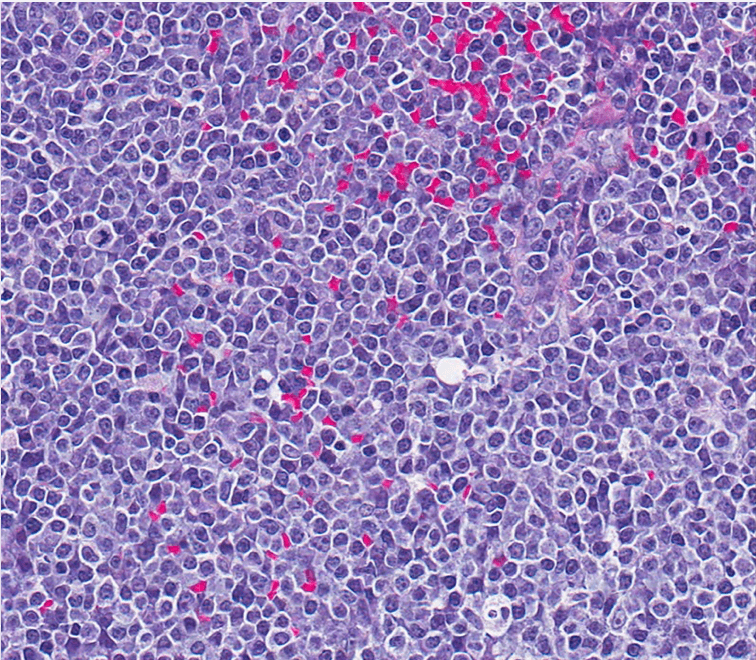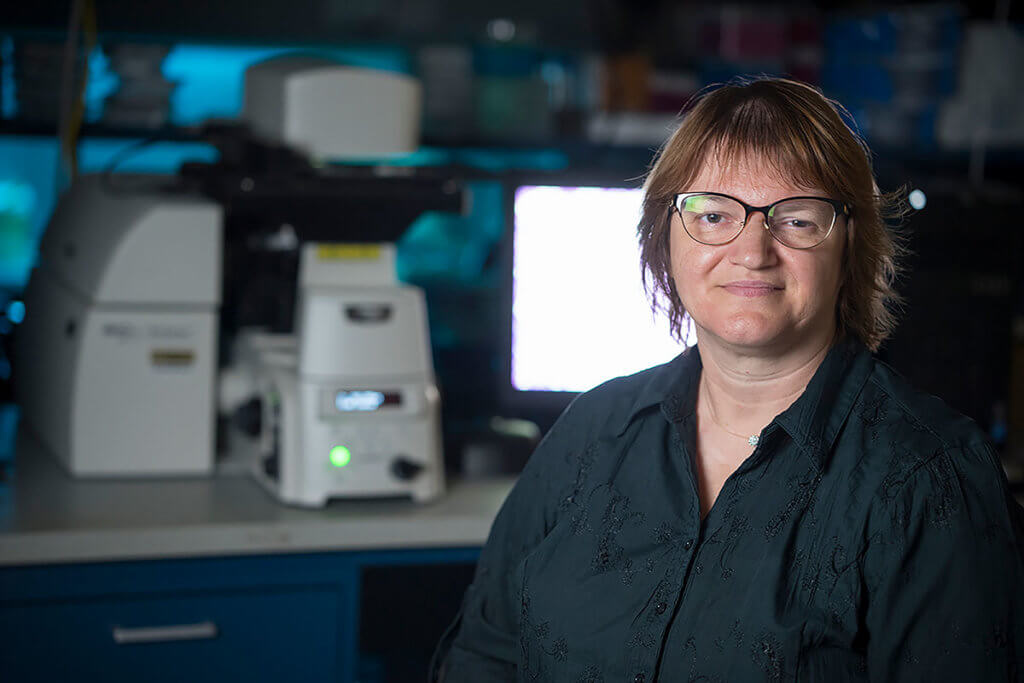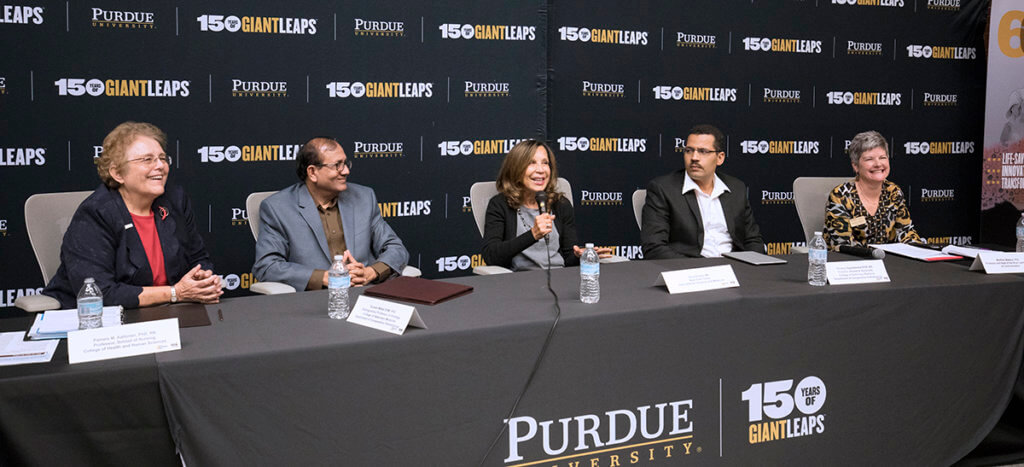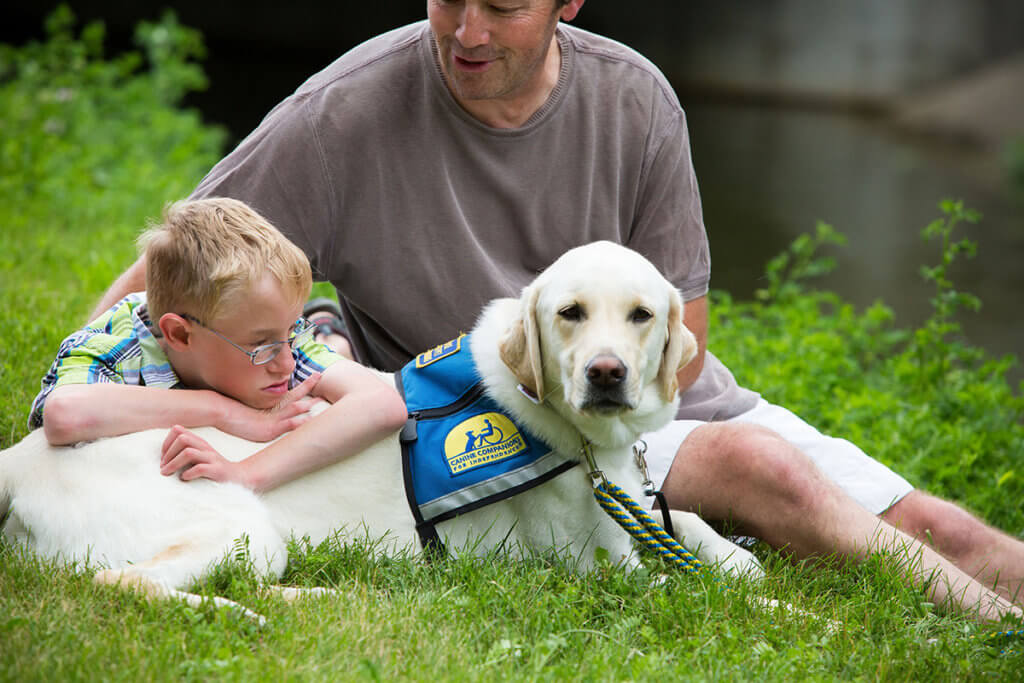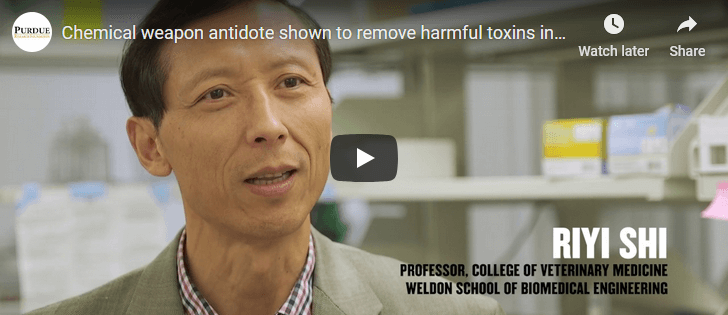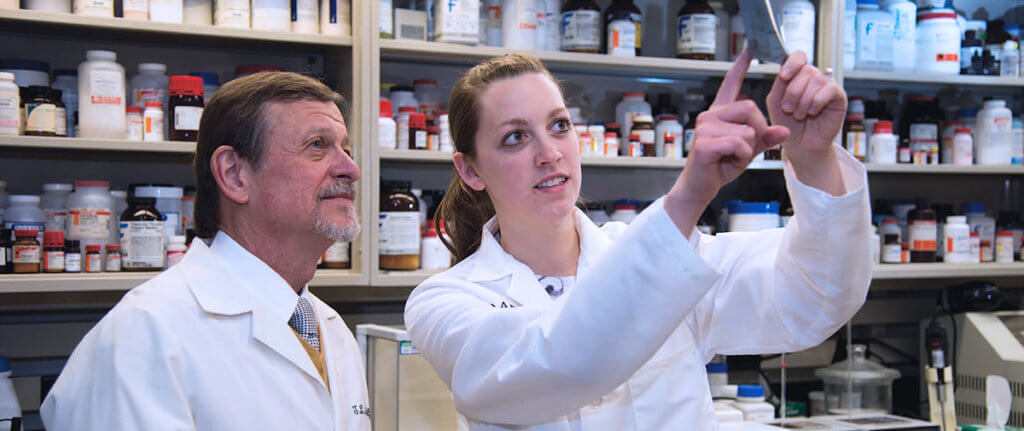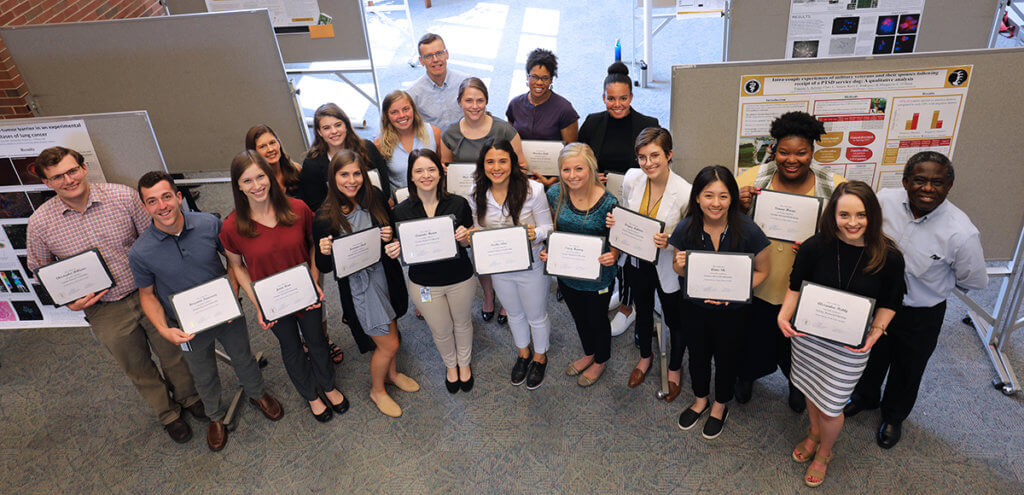Research
Potential to Save Lives Motivates PVM Professor Seeking Solution to Antibiotic Resistance
October 18, 2019
With too few antibiotics under development to keep up with the rise of antibiotic-resistant infections, the world is starting to run out of antibiotics. That also means hospitals will start seeing more patients with infections they can’t treat, and more infections that were once easily treated are becoming fatal. Dr. Mohamed Seleem, professor of microbiology in the Purdue University College of Veterinary Medicine’s Department of Comparative Pathobiology, leads a research team that is studying a plethora of FDA-approved drugs looking for ones that can treat antibiotic-resistant infections.
The world is running out of antibiotics. This researcher is working on finding a solution.
October 16, 2019
With too few antibiotics under development to keep up with the rise of antibiotic-resistant infections, the world is starting to run out of antibiotics.
PVM Faculty Pursue Developments in Personalized Medicine to Advance Cancer Treatments
October 10, 2019
Purdue Veterinary Medicine and Indiana University scientists are working together to find data-driven solutions in the search for better cancer treatments.
Can herbicides cause breast cancer? Scientists discover a piece to the puzzle.
October 4, 2019
Scientists know that the solution to preventing breast cancer won’t come easily, but a collaborative team of scientists at Purdue University and the Institut National de la Santé et de la Recherche Médicale (INSERM)/Institut de Cancérologie de L’Ouest (ICO) in Nantes, France, say they’ve recently discovered one of the missing pieces of the puzzle when […]
New York Times Journalist Tells Story of Deadly Flu Pandemic at PVM’s Ideas Festival Event
September 27, 2019
Gina Kolata, author of “Flu: The Story of the Great Influenza Pandemic of 1918,” recounted key details of the 1918 flu pandemic during her talk addressing the topic, “What IF the Next Pandemic is Inevitable?” on September 23 in Loeb Playhouse. The event was part of Purdue’s Ideas Festival, the centerpiece of Purdue’s Giant Leaps Sesquicentennial Campaign, which is a series of events that connect world-renowned speakers and Purdue expertise in a conversation on the most critical problems facing the world.
Study Led by PVM Researchers Looks at If or How Service Dogs Help Children with Autism
September 27, 2019
As the number of children being diagnosed with autism spectrum disorder continues to rise, so does the demand for a popular treatment – service dogs. Yet, even though the number of service dogs being provided for children with autism is growing, there is a lack of scientific evidence on whether, or how, these dogs help. In addition, minimal research has explored how these dogs may help parents – who often face significant stress and challenges of their own. A group of Purdue Veterinary Medicine researchers is launching a new study this fall to find out.
BMS Faculty Member Finds that Urine Analysis Could Speed Diagnosis of Traumatic Brain Injury
September 13, 2019
A team of scientists led by Dr. Riyi Shi, Purdue Veterinary Medicine professor of basic medical sciences, has conducted research indicating that soldiers and athletes could have improved outcomes from traumatic brain injury through faster diagnosis using urine analysis.
PVM Faculty Member Involved in New Purdue Partnership Focused on Big Data Approach to Cancer
August 30, 2019
The Purdue University Center for Cancer Research, led by Dr. Timothy Ratliff, Purdue Veterinary Medicine distinguished professor of comparative pathobiology, is partnering with the Frederick National Laboratory for Cancer Research to improve the use of biostatistics, predictive modeling, and data science in cancer research.
NY Times Journalist Gives Public Talk on “What IF the Next Pandemic is Inevitable?”
August 30, 2019
Will certain strains of the flu become resistant to drugs? Is there a pandemic on the horizon? Could understanding the 1918 influenza pandemic aid in preventing future pandemics? To help answer those questions, Gina Kolata, author of “Flu: The Story of the Great Influenza Pandemic of 1918,” will give a public presentation at Purdue University entitled, “What IF the Next Pandemic is Inevitable?” The event is part of Purdue’s Ideas Festival, the centerpiece of Purdue’s Giant Leaps Sesquicentennial Campaign, which is a series of events that connect world-renowned speakers and Purdue expertise in a conversation on the most critical problems facing the world.
The Purdue University College of Veterinary Medicine is co-sponsoring this event with the College of Health and Human Sciences’ Public Health Program and IU School of Medicine-West Lafayette.
Summer Research Program Opens World of Scientific Discovery to Veterinary and Pre-vet Students
August 9, 2019
Through the Veterinary Research Scholars Summer Program, Purdue Veterinary Medicine gave undergraduate and DVM students the chance to explore non-traditional veterinary careers involving scientific discovery.



